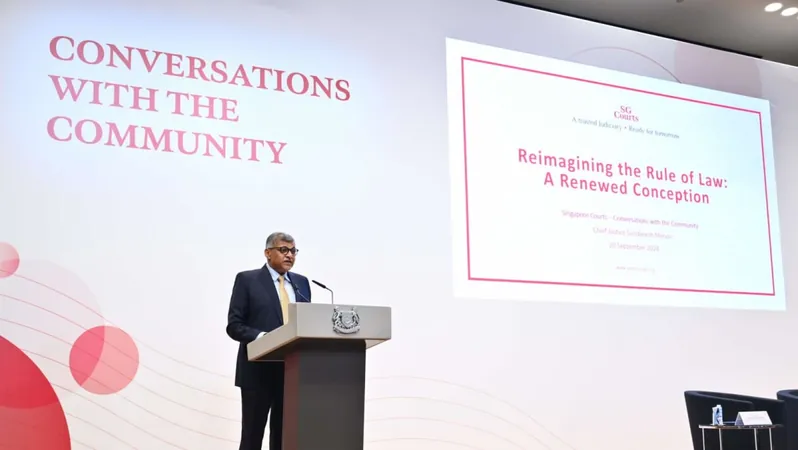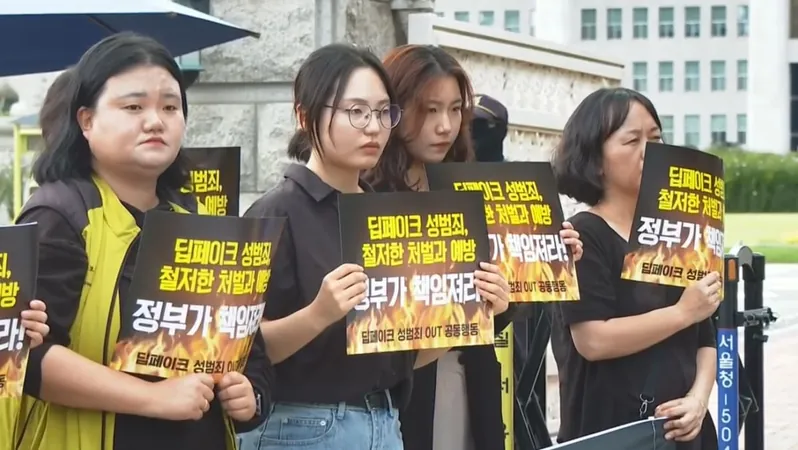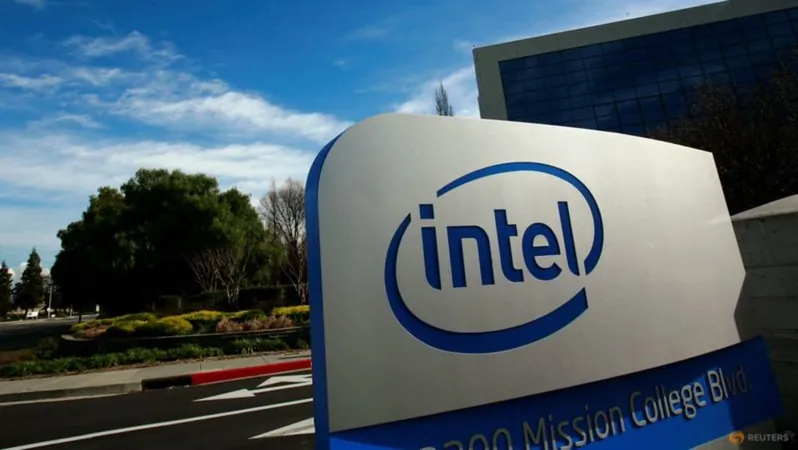
Alarm Bells Ring for Singapore's Legal Sector: Young Lawyers are Leaving in Droves!
2024-09-20
Alarm Bells Ring for Singapore's Legal Sector: Young Lawyers are Leaving in Droves!
In a recent address, Singapore's Chief Justice Sundaresh Menon raised a critical alarm about the growing trend of young legal professionals exiting the industry. This concerning issue surfaced during the final discussion in a series aimed at engaging the community, orchestrated by the Singapore Courts in collaboration with the country's top universities.
A recent survey among candidates preparing for this year’s mass call revealed startling results: nearly two-thirds of the 234 participants indicated they foresee leaving legal practice within the next five years. More distressingly, over one-third expressed intentions to exit the legal profession altogether. The Chief Justice pointed out that these figures are alarming, especially since they reflect the sentiments of those at the very start of their legal careers.
Justice Menon highlighted that many of these young lawyers are driven by "push" factors such as excessive workloads, poor work-life balance, and unsatisfactory workplace culture rather than a genuine desire to explore opportunities elsewhere. He emphasized the urgency of addressing this issue, calling for a comprehensive review of workplace practices across the industry.
Are We Facing a Generation Gap in Law?
Chief Justice Menon proposed a three-tiered approach to mitigate these challenges. Firstly, he noted the potential existence of a generation gap in expectations in the legal field. He stressed the need to remind junior lawyers that a law career often entails a long, strenuous journey with considerable demands, particularly in the early years where they face steep learning curves.
Conversely, senior lawyers must acknowledge that workplace practices have evolved, warranting a shift towards environments that are not only effective but also sustainable and conducive to mental well-being.
Secondly, he called for concrete policies to establish sustainable workplace practices, indicating that recommendations from the Ethics and Professional Standards Committee, formed after a spike in disciplinary actions against lawyers, will be forthcoming.
Lastly, Justice Menon underscored the necessity for better communication to instill and uphold the core values central to the legal profession, as these are paramount for attracting and retaining talent.
Tackling Access to Justice
Justice Menon didn't stop there; he also addressed the persisting challenge of access to justice. With a significant number of court users representing themselves, it has become more critical than ever to ensure that all parties, particularly the self-represented, have a fair opportunity to navigate the legal system effectively. He argued that justice must not be a privilege reserved for a select few; it should be a shared societal value that fosters trust in the rule of law.
Notably, measures have already been implemented to simplify procedures for certain case types, including the launch of the High Court’s Express Track scheme, which can resolve civil matters expeditiously.
In conclusion, Chief Justice Menon emphasized that the courts' responses to these challenges will significantly impact public trust, the legitimacy of the legal system, and its relevance to future generations. As the legal landscape shifts, it is essential for all stakeholders to adapt to this new reality to safeguard the profession’s future.
In an age where the legal field is at a crossroads, will Singapore's judiciary rise to the challenge and retain its brightest talents? Only time will tell, but the stakes have never been higher!


 Brasil (PT)
Brasil (PT)
 Canada (EN)
Canada (EN)
 Chile (ES)
Chile (ES)
 España (ES)
España (ES)
 France (FR)
France (FR)
 Hong Kong (EN)
Hong Kong (EN)
 Italia (IT)
Italia (IT)
 日本 (JA)
日本 (JA)
 Magyarország (HU)
Magyarország (HU)
 Norge (NO)
Norge (NO)
 Polska (PL)
Polska (PL)
 Schweiz (DE)
Schweiz (DE)
 Singapore (EN)
Singapore (EN)
 Sverige (SV)
Sverige (SV)
 Suomi (FI)
Suomi (FI)
 Türkiye (TR)
Türkiye (TR)